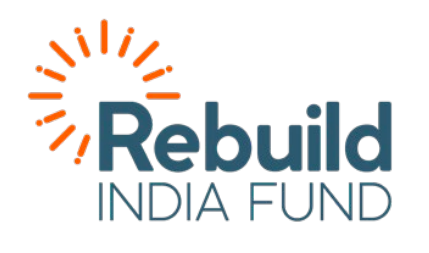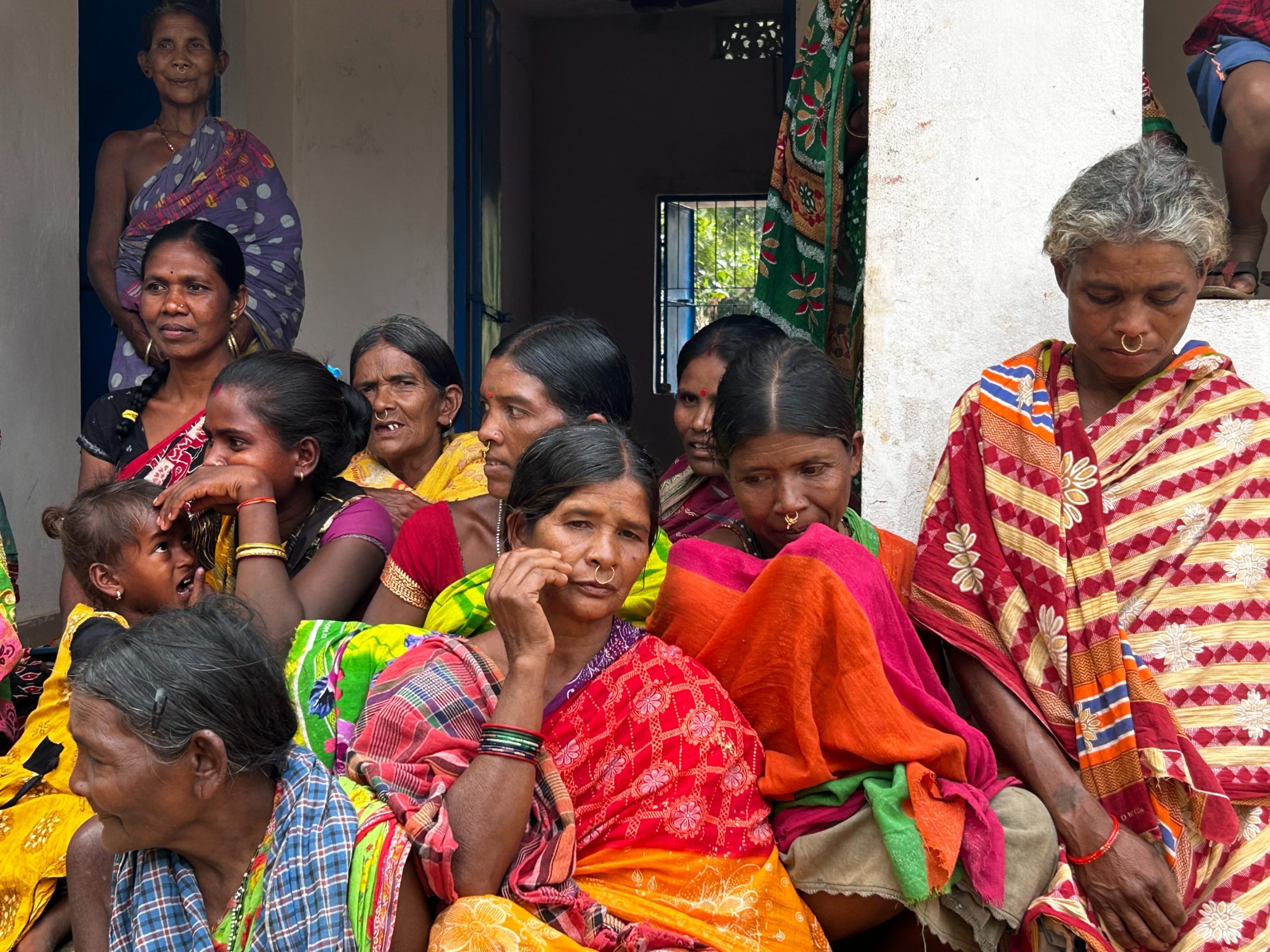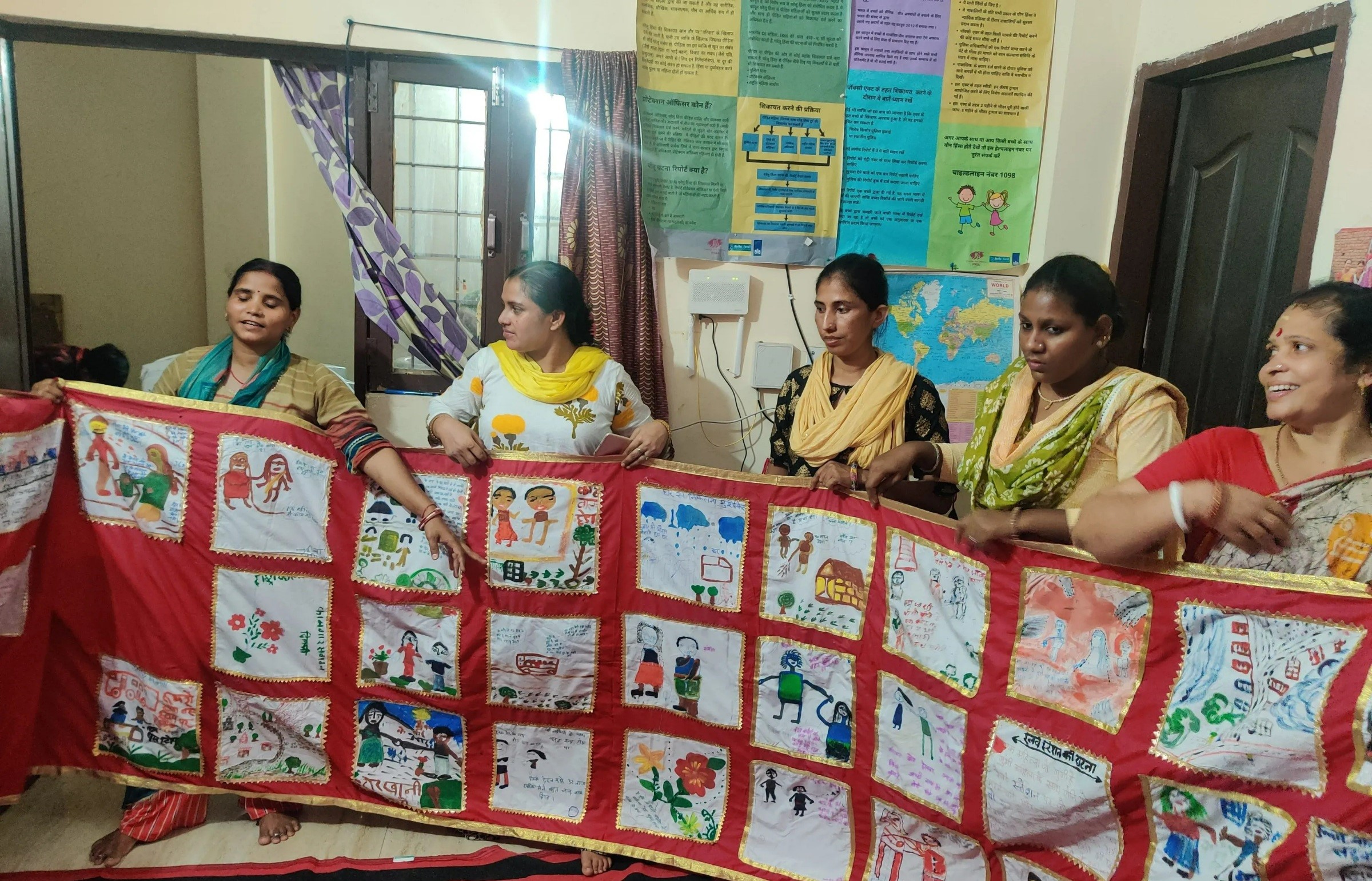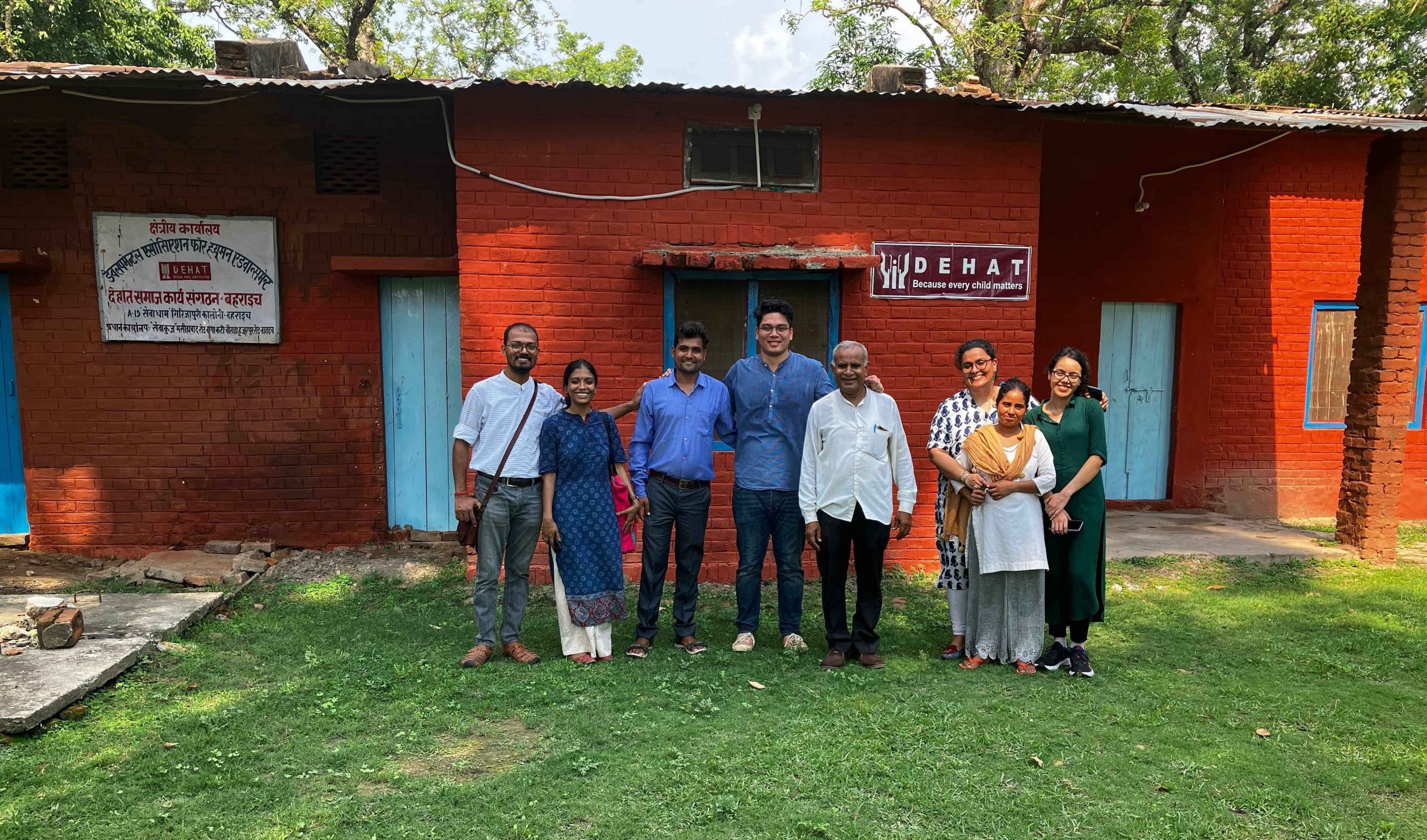Women’s oppression remains one of the deepest and most widespread forms of social marginalisation. Women, even referred to as ‘subalterns’ given their social position, navigate survival through layers of oppressive structures of patriarchy, caste discrimination, complex family dynamics and deep-rooted social norms.
In an ever evolving yet rooted in systemic discrimination landscape, establishing and managing a women-led organisation becomes complex and deeply transformative for self-identifying women. Personal and professional journeys as well as identities merge and diverge at critical milestones, leaving indelible impacts on each leader and their organizations. Yet, who better to address and understand on–ground challenges than leaders deeply embedded in the identity and journeys of their communities?
Those from within their communities, with lived experience of their realities are proximate leaders. Women, within this broader group face disproportionate challenges, particularly in an Indian context.
‘Proximate leadership’ as a concept, is gaining momentum, grounded in evidence that leaders emerging from within their communities with first-hand experience, data and knowledge are pivotal to sustainable localized solutions. As recognised by the Stanford Social Innovation Review (SSIR), proximate leaders easily leverage community assets that are often overlooked through dominant cultural lenses.
Pathways out of disproportionate opportunities:
According to UNICEF, women-led organizations are often the first to respond to community needs during a crisis. Despite the common assumption that non-profits are central to women, a study by Dasra revealed that only about 20 percent of NGOs with an annual budget of ₹5 crores or more are women-led. For NGOs with an annual budget below ₹5 crores, the figure is around 19 percent. While women outnumber men in the social sector, they are underrepresented in leadership and senior roles.
Despite solving for multifaceted challenges and receiving disproportionately low philanthropic funding for gender equality initiatives, women-led organisations supported by the Rebuild India Fund are forging new pathways to equity. Rebuild is committed to empowering over 500 grassroots organisations through trust-based philanthropy, with a current portfolio boasting 175 organisations led by more than 90 proximate leaders and 70+ women leaders across states, districts, and community contexts.
Flexible funding has been transformative for women-led organisations like Vanangana during crises, allowing them to aid women survivors and make critical program decisions. Shabina Mumtaz and Pushpa express its impact: “Our organization faced a crisis. Flexible funding has given us the strength to support survivors of violence and make decisive programmatic decisions.”
But what is growth?
Entrenched biases and stereotypes often hinder women from taking on leadership roles with courage. Women encounter the ‘Goldilocks dilemma’, forced into roles deemed either ‘too much’ or ‘not enough’ of what is expected. This balancing act becomes particularly challenging for leaders from marginalised and vulnerable communities, posing barriers to their development. As women assert their voices and demand equitable spaces in societal progress, NGOs can serve as catalysts for women’s leadership in development.
Despite constituting 14% of India’s entrepreneurship and 34% of the IT workforce, women lead only 25%-30% of NGOs but it is to be noted that the growth of these organisations is not limited to just numbers but extends further to include nuanced understandings of gender dynamics, social norms and is inclusive of support systems for survivors of violence. The average size of employees in women-headed organisations is 35, indicating a significant footprint for organisations with a relatively lower budget size.
For grassroots organisations, growth is beyond quantitative metrics; it embodies a nuanced understanding of gender dynamics and inclusive support systems. Organisations such as Shakti Shalini and Udan Women Empowerment Welfare Society exemplify this approach, focusing on fortifying leadership, establishing robust administrative systems, and nurturing support networks for survivors of gender-based violence.
These insights indicate that growth for grassroots organisations is centred around community, capacity-building and inclusive leadership. Women-led organisations envision growth as a process of ‘by the community, for the community’. This ethos echoes within the Rebuild portfolio, where 41% of women-led NGOs aim to expand outreach, 58% focus on programmatic strengthening and 54% prioritise leadership and capacity building.
Women as end-participants are at the centre of these efforts. This grassroots growth is not just about scaling up but rather deepening impact through community-centred strategies ensuring that each women’s voice is heard.
More support for grassroots:
Regulatory frameworks and compliance management take significant time and skills, this is further compounded by everyday management issues within organisations. Inadequate office spaces for instance hinder daily operations and credibility, as voiced by Alamelu of Rural Women Development Trust: “Not having an office leads to displacement. We are working to build our own office for a conducive work environment, using funds from the Rebuild India Fund.”
Networking is essential for organisational growth and sustainability. However, women-led NGOs often face barriers to accessing influential networks crucial for securing funding, knowledge sharing, and enhancing impact. From the Rebuild portfolio, critical institutional and programmatic needs include strengthening human resources (76%), capacity building (78%), and infrastructure (69%).
Over 50% women headed NGOs lack staff orientation documents and a coherent theory of change. Most organisations are stressed by the urgency for enhanced domestic funding. Despite these challenges, 74% lack adequate fundraising resources, and 47% operate without a fundraising strategy, all while managing the mental and physical toll of organizational leadership.
Systemic biases in funding practices further exacerbate these conditions, with many donors favouring larger often male-led organisations. These biases manifest in undervaluing women’s leadership, doubting the sustainability of women-led initiatives, and scrutinising their financial management capabilities. For Zubaan, the real challenge lies in the question, “what happens after Rebuild?” Their biggest concern is how will they manage to secure funding 5 years down the line”
Women led organizations choose resilience for long-term impact:
Despite persistent challenges, resilience defines women-led organisations’ journeys. The Rebuild portfolio exemplifies this resilience, leveraging Rs. 13.5 crores to bolster organizational capacity, fundraising efforts, and peer connections. Women-led organisations have impacted 1.4 lakh individuals, strengthened 80% of new programs, and introduced over 50% of new initiatives.
Globally, the funding gap for feminist organisations remains glaring. AWID’s 2013 study on feminist financing revealed a median funding of $20,000, with only 0.4% of gender equality funding reaching feminist organisations a decade later. This disparity undermines the critical need for sustained investment in women-led NGOs striving to empower vulnerable women.
Rita Mishra of Patang encapsulates this sentiment, “Resilience means soaring despite unfavourable winds, preserving values, and maintaining focus on the organizational vision.”
Investing in, aware and sustainable empowerment:
Investing in women-led organisations transcends financial support; it entails recognizing and nurturing their resilience and leadership, crucial for driving sustainable change. Flexible funding serves as a catalyst, unlocking their potential to build capacity, fortify programs, and champion lasting transformation.
Women-led organisations are not merely surviving but are actively trying to change the narrative around the way in which the social sector functions despite systemic challenges and societal biases. Flexible funding acts as a booster and confidence builder, unlocking their potential and driving sustainable change within their community by providing reliable multi-year grant support. Investing in women’s leadership at all levels through trust-based giving can be a game-changer in achieving global equity for women.
The role of women in development leads and sustains impact, creating a self-sustainable society will need investment and confidence building in women’s leadership at the grassroots—a goal that can be achieved through a structured and supportive institutional process that builds evidence and perspectives.



